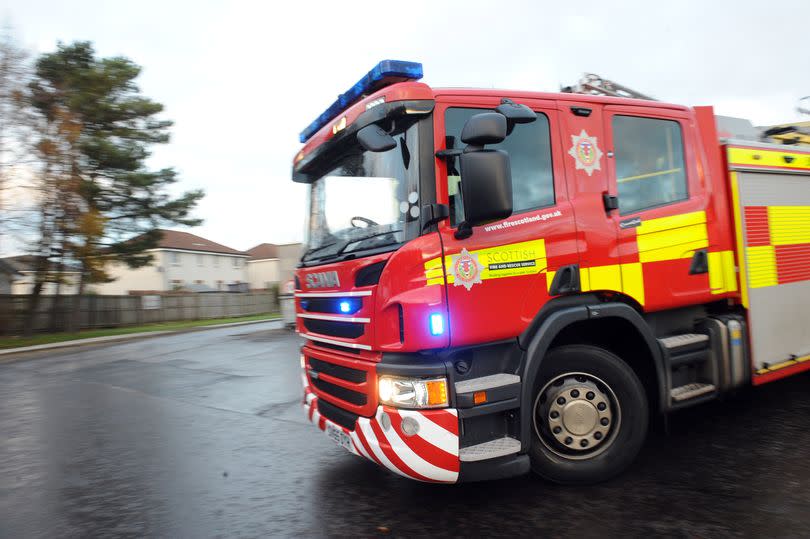False fire alarm call-outs in West Lothian drop after change of rules

Changes to the way the Scottish Fire and Rescue Service handle automatic fire alarms has seen a huge 69% drop in the number of blue light call outs for fire crews in West Lothian over the last year.
Year end figures reinforce monthly drops reported across all wards of the council area since the introduction of the new rule in July 2023.
Fire officers told councillors this week they would continue to engage with premises and duty holders to bring down further the number of false alarms.
The Scottish Fire and Rescue service produced figures for Unwanted Fire Alarm Signals (UFAS) at the latest meeting of the Public and Community Safety Policy development and Scrutiny Panel.
The figures show dramatic falls across West Lothian over the last four years. The number of UFAS in 2019/20 county wide was 1,005 and in 2023/24 it was 434.
A senior fire officer told the meeting: "There were 66 calls in quarter four of last year which was a reduction of a huge 69 % on the equivalent period for the year before."
A report to councillors said: "There was an increase of 12 incidents (22%) when compared to Q3 2023/24 and a significant decrease of 149 incidents (56%) compared to Q4 2022/23. The per 10,000 population trend line over the previous five years shows the West Lothian area to be comparable with the Scottish average and slightly higher than a comparable local authority."
The wards with highest call out figures have seen the most dramatic drops over the same 2019/20 to 23/24 period. Broxburn Uphall and Winchburgh down from 76 to 59; Livingston South down from 288 to 125 and Whitburn and Blackburn down from 138 to 60.
The SFRS changed its policy in July last in a bid to cut the risks of two appliances attendance under blue light road conditions, ie travelling at speed in response to all automatic alarms.
Now for most commercial premises fire control officers make follow up calls to key holders before sending out crews.
It also saves the SFRS money- each false call out costing around £2,000- and frees up time for crew training and public engagement.
The change means that such a response will only be made to buildings with " sleeping risk" including hospitals, care homes and student accommodation.
The majority of false alarms in the last year were these types of premises. Common UFAS main causes are: Human error (39%), Fault in system (19%), Contaminants (16%) .
In his report Divisional Commander Willie Pollard said: "A reduction in UFAS incidents has many benefits namely, reducing road risk, reducing SFRS carbon footprint and increasing business continuity.
"UFAS incidents fall into a range of categories that include. Malicious, Failure of Equipment and Good Intent. SFRS have developed a UFAS Policy to ensure that persistent UFASs incidents within premises are addressed appropriately. Engagement with key holders is paramount to reducing SFRS attendance."
"We have programmed engagement sessions with duty holders and alarm providers to discuss solutions to UFASs. SFRS have a robust UFAS Policy and analyse trends and engage appropriately with Duty Holders of relevant premises."
"We aim to reduce UFAS in West Lothian by 5% per year, which contributes towards the SFRS target for reducing the number of UFAS incidents attended in non-domestic premises.
Don't miss the latest news from the West Lothian Courier. Sign up to our free newsletter here

 Yahoo News
Yahoo News 
